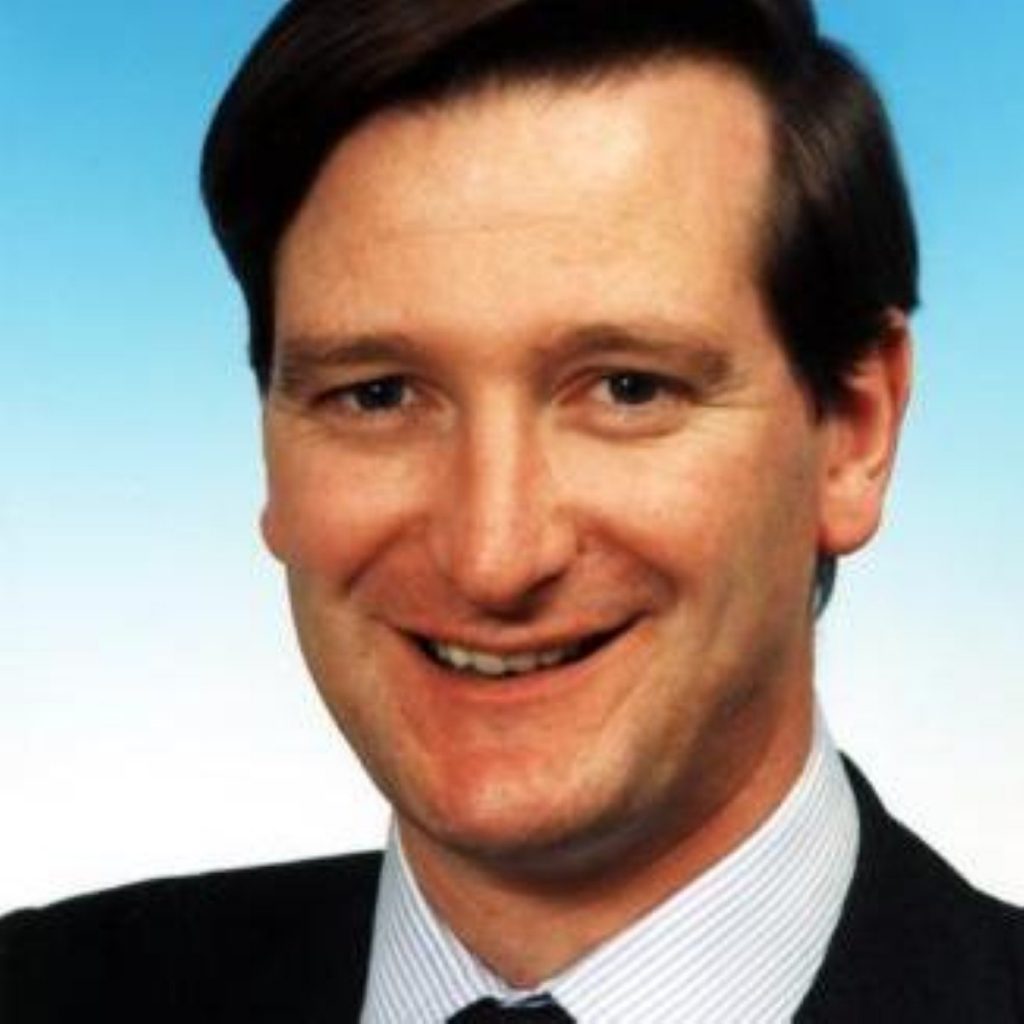Lib Dems abandoned left wingers, coalition partner admits
By Ian Dunt
The Liberal Democrats have “effectively abandoned” those on the left of British politics, Dominic Grieve has admitted.
The Conservative attorney general said the party was now relying on its ability to show it is a moderating force on the Tory party.
“The Liberal Democrats are suffering in populist terms at the moment, hugely weakened by the fact that they have decided to get rid of, or be willing to shed, the support of people who are on the leftwing of the spectrum of politics but couldn’t bring themselves to vote Labour,” he told thinktank Politeia.


“They have effectively abandoned them.”
The strategy was based on the idea that over a five-year period, the party would be able to demonstrate that it was a “moderating force to Conservative populism”, he continued.
The party would therefore “get the plaudits of the electorate in five years’ time by showing what moderation and sound political judgment can deliver in terms of benefits to the electorate. It will remain to be seen whether this remarkable experiment, which shows some courage on their part, will in fact deliver the outcome which they want.”
Mr Grieve, who was celebrated by many Liberal Democrats as a pro-civil liberties legal expert when he was appointed attorney general, said the coalition’s unique political dynamics were about to make it one of the least populist British governments of recent memory.
“The coalition government is hamstrung from being too populist because of the internal contradictions within it,” he argued.
“You are about to experience, or are experiencing, what I suspect is going to be the least populist period of government that you have had for many a year.”
He added: “Conservative members of the coalition are in reality equally circumscribed in certain areas about pursuing some of the agendas which might be popular and appeal to their electorate. It will be an interesting challenge whether that lasts or not.”
Mr Grieve argued that while government was becoming less populist, newspapers were becoming ever more populist in a desperate attempt to secure a dwindling band of readers.
There were overtones of that phenomenon when the Daily Star tabloid appeared to come out for the English Defence League (EDL), a far-right group composed mostly of ex-football supporters which campaigns against Muslim immigration.
The EDL’s “appeasement to Islamist extremism is something politicians may ignore at their peril”, Mr Grieve said.
The attorney general argued that the recent row over the forestry sell-off showed how far behind many newspapers were.
The campaign against the sell-off, which appeared to trigger the start of a government U-turn last Friday, was “a spontaneous combustion brought about by the internet, which grew on a momentum of its own,” he said.
“National newspapers jumped on the bandwagon once it started, but actually the bandwagon started without them.”
Commenting on the prisoners’ votes row, which was put to the vote in the Commons last week, Mr Grieve alluded to the possibility of pulling out of the European Convention on Human Rights (ECHR), a move which would horrify human rights activists and Lib Dem ministers on the government front bench.
“The court doesn’t have the last word,” Mr Grieve said.
“It only has the last word so far as parliament has decided that it should. We could, if we wanted to, undo that – I think we should always bear that in mind – and actually undo it without some of the consequences we have over the European Union.
“On the one hand, here is a decision by the ECHR which is clearly not liked by the prime minister and virtually everyone else in government I can think of, including myself. And yet here is a convention which has been seen as being a defining benchmark for UK values and standards since the late 1940s.”









